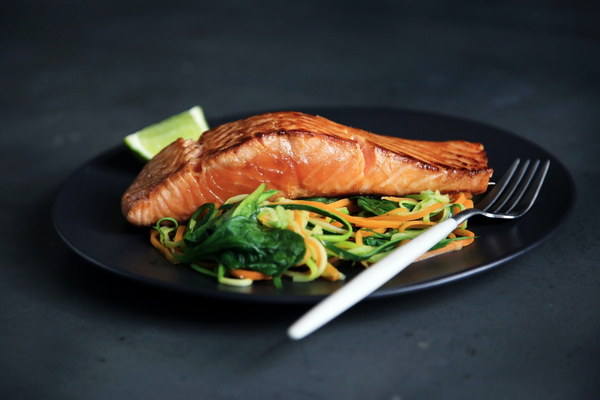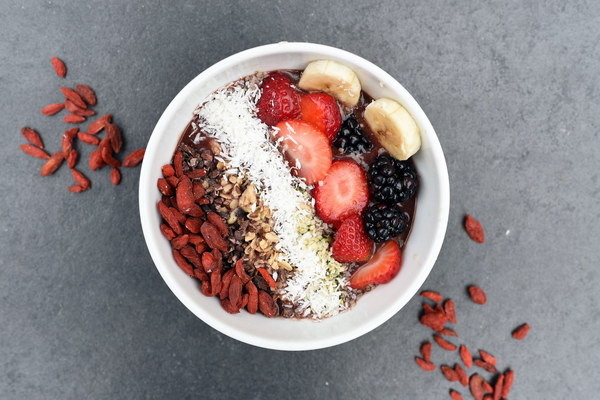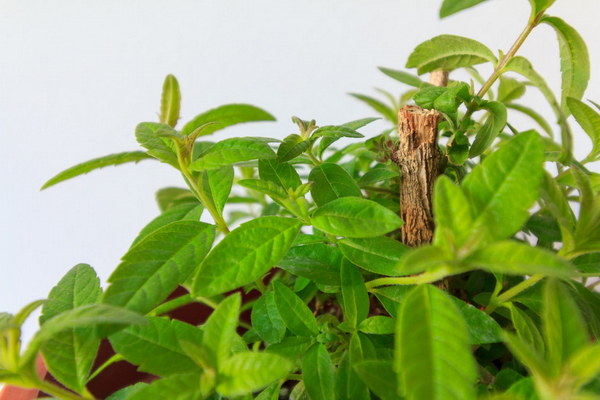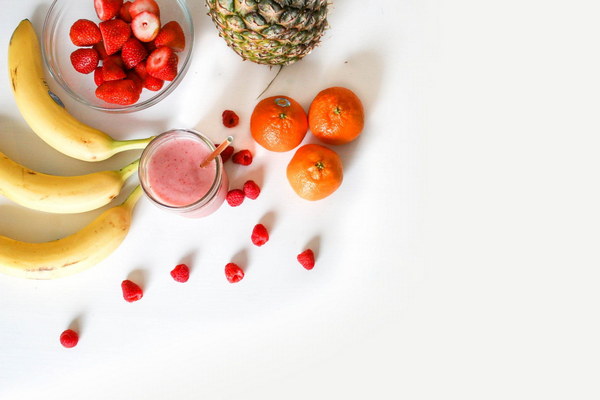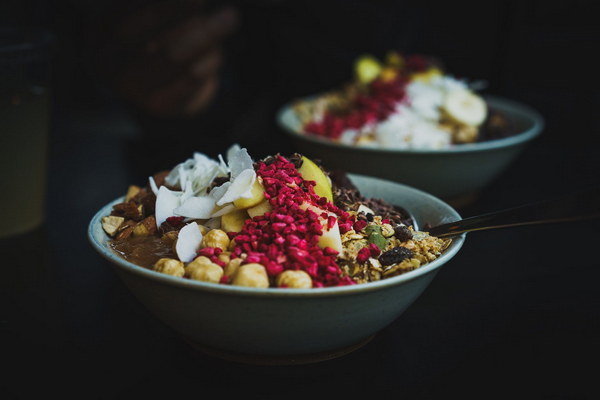Boost Your Baby's Health A Nutritional Approach to Dealing with Excessive Sweating
Introduction:
Excessive sweating in babies, often referred to as hyperhidrosis, can be concerning for parents. While it is a common condition, it can sometimes be alleviated with the right dietary adjustments. In this article, we explore a variety of nutritional strategies that can help manage your baby's sweating and promote overall health.
1. Hydration is Key
One of the most important aspects of dealing with excessive sweating in babies is ensuring they are well-hydrated. Dehydration can exacerbate sweating and lead to other health issues. Encourage your baby to drink plenty of fluids throughout the day, such as breast milk, formula, or water, depending on their age and tolerance.
2. Increase Iron Intake
Iron deficiency can lead to excessive sweating, as it affects the body's ability to regulate temperature. To increase iron intake, incorporate iron-rich foods into your baby's diet, such as iron-fortified cereals, lean meats, poultry, fish, and beans. For infants, iron-fortified formula can be a great source of this essential mineral.
3. Vitamin B6 for Temperature Regulation
Vitamin B6 plays a crucial role in regulating body temperature, which can be beneficial in managing excessive sweating. Foods rich in vitamin B6 include bananas, avocados, nuts, seeds, and legumes. Adding these to your baby's diet can help maintain a healthy body temperature.
4. Omega-3 Fatty Acids for Skin Health
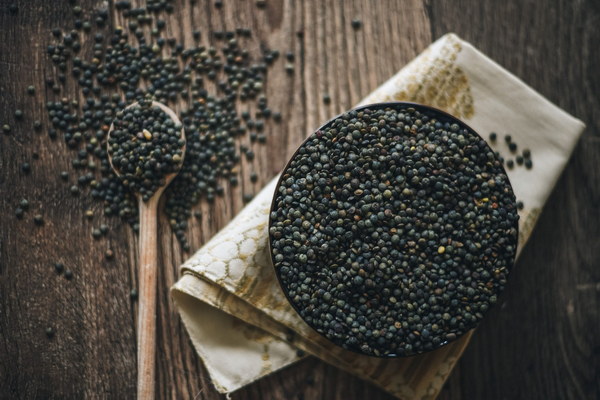
Omega-3 fatty acids are important for skin health and can help reduce inflammation, which may contribute to excessive sweating. Include foods like fatty fish (such as salmon and sardines), flaxseeds, chia seeds, and walnuts in your baby's diet to ensure they are getting enough omega-3s.
5. Avoid Certain Foods
Some foods can trigger sweating in babies, particularly those that are spicy or high in sodium. Avoid feeding your baby excessive amounts of spicy foods or processed snacks, as these can contribute to sweating. Instead, opt for a balanced diet that includes a variety of nutrient-dense foods.
6. Probiotics for Gut Health
A healthy gut can contribute to overall health, including skin health. Probiotics can help maintain a balanced gut microbiome, which may reduce excessive sweating. You can incorporate probiotic-rich foods like yogurt, kefir, and fermented vegetables into your baby's diet, or consult with a pediatrician about probiotic supplements.
7. Regular Meals and Snacks
Keep your baby's meals and snacks regular to help regulate their body temperature and prevent excessive sweating. Skipping meals or going too long without eating can lead to low blood sugar, which can trigger sweating. Establishing a consistent eating schedule can also help your baby's body learn to regulate temperature more effectively.
Conclusion:
While excessive sweating in babies can be a concern, it is often manageable with the right approach. By focusing on hydration, increasing iron and vitamin B6 intake, incorporating omega-3 fatty acids, avoiding certain foods, and maintaining a healthy gut, you can help manage your baby's sweating and support their overall well-being. Always consult with a pediatrician before making significant changes to your baby's diet, especially if you have concerns about their health or nutrition.

![Revitalize Your Health Discover the Healing Power of Renowned Chinese Herbs at [Name of the Herb House]](http://img.bluepurple.cn/a/养生/183/Revitalize-Your-Health-Discover-the-Healing-Power-of-Renowned-Chinese-Herbs-at-Name-of-the-Herb-House.jpg)
